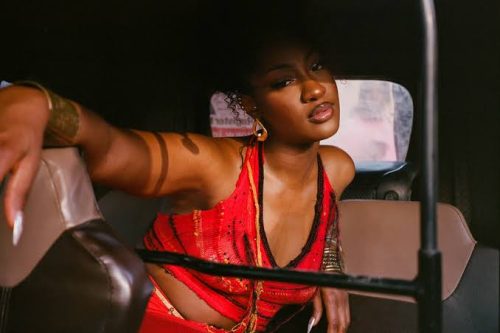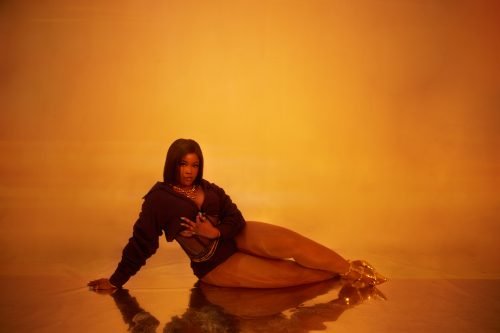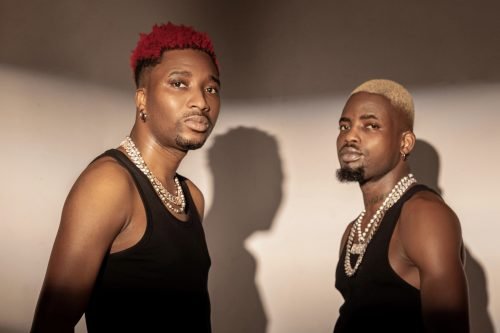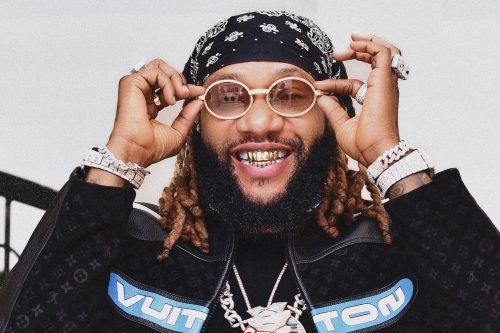When will the annual debate over which Nigerian rapper reigns supreme finally cease? This query has occupied my thoughts since the week commenced, courtesy of X (formerly known as Twitter), which hosted an influx of G.O.A.T conversations among Nigeria’s premier rappers.
What often eludes us is that it’s not merely about who outshines whom; it’s a discussion about the artists who have reshaped the hip-hop cultural landscape, left a mark on it, and crafted music that resonates with Nigeria’s diverse music audience.
Earlier this week, the assertion that “AQ is a superior rapper to Naeto C” took center stage, but this comparison does a disservice to both artists. It’s widely acknowledged that Naeto C has made more significant contributions to Nigerian music culture than AQ – no offense intended to Gilbert.
Have we stopped to contemplate how frequently these rap battles arise throughout the year, even within a single month? It’s because winning such comparisons often represents the pinnacle achievement for Nigerian rappers. There’s always an award of sorts for them to claim, as they engage in spats with their fans over whose lyrics are superior and who has the hottest diss track in Nigeria at the moment.
Hence, I find myself forever admiring the rappers from the 00s, who not only produced enjoyable music but also left an indelible mark on the hip-hop scene. Their contributions are arguably more substantial than some of Nigeria’s contemporary rappers, who have only been in the scene for two to five years.
Nigerian rappers are no strangers to ego, but the key distinction between the old guard and the new generation lies in how they channel their egos. The old guard seamlessly blended ego with impressive lyrical prowess, a sense of belonging to their beats and melodies, while the new generation fixates more on the “hardness” of their lyrical delivery.
Can anyone deny the late Da Grin’s extraordinary talent? During his reign, he created music steeped in Yoruba language, with lyrics that resonated and a delightful rhyme scheme, all delivered with the swagger expected of a rapper. He set the stage on fire with hits like “Pon Pon.”
Today’s Nigerian rappers seem more preoccupied with proving their superiority over their peers than with creating music that extends beyond their fan base. Only a handful have managed to dominate the scene and win the hearts of at least 70% of Nigerians.
Among the current crop of Nigerian rappers, Blaqbonez and Odumodublvck stand out in terms of resonance with the public and their impact on the country’s music culture. Blaqbonez not only makes captivating music but also excels in marketing it. Who can resist tracks like “Back In Uni” or “BBC”? Blaqbonez, as a rapper, impresses not only with the relatability of his music but also with his creative music videos. Beyond being a rapper, he’s a well-established creative who has arguably contributed more to the music scene than some beloved veterans, such as Vector (though this doesn’t diminish Vector’s greatness).
As for Odumodublvck, despite the intimidating nature of his music, it resonates beyond the alte scene among Nigerian youths. Just take a moment to appreciate the brilliance of Declan Rice.
If rappers invested more time in promoting their music and maintaining consistency, they wouldn’t need to engage in these battles of greatness, like the historic rap beef between MI and Vector.
These artists have aligned themselves with the crowd, understanding that rap doesn’t have a strong commercial market in Nigeria, and their unique twists make it enjoyable.
Nigerian rappers have become fixated on earning the “ego trophy” rather than producing chart-topping music. In the end, their true reward is the satisfaction of their egos.
The true cultural impact from the hip-hop scene can be traced back to the days of Weird MC, Ruggedman, Eldee, and yes, Olamide, among others. These artists not only excelled musically but also left an undeniable mark for all to see.
Hence, the recent AQ Vs. Naeto C hip-hop clash on X appears comical. No disrespect to AQ and his mastery, especially on tracks like “Lekki Express Way” featuring Wavy The Creator, but Naeto C is a G.O.A.T in the scene, albeit leaning on past glories.
In retrospect, the beef between MI and Vector, a recurring tradition in Nigerian hip-hop, seems nonsensical. Both artists fell out over a debate about who was the superior rapper, despite their impressive discographies. They had their heyday but have since faded from the spotlight.
Joey Akan aptly described the annual hip-hop beef as “The only thing the hip-hop community contributes to Nigerian music is just useless self-flagellating beef. That and an underground record that no one listens to, except the Headies for their obligatory, anachronistic, ‘Lyricist on the Roll’ award.” This statement encapsulates the truth about the situation.”
Instead of fueling online beef battles, Nigerian rappers should focus on dominating the music charts, honing their craft, and making a real impact.
As the cycle of rapper comparisons inevitably continues, we hope that rappers will redirect their efforts toward making music that resonates with the current Nigerian audience. In doing so, they can move beyond the ego-driven battle for supremacy and create music that truly stands the test of time.












Leave a Reply